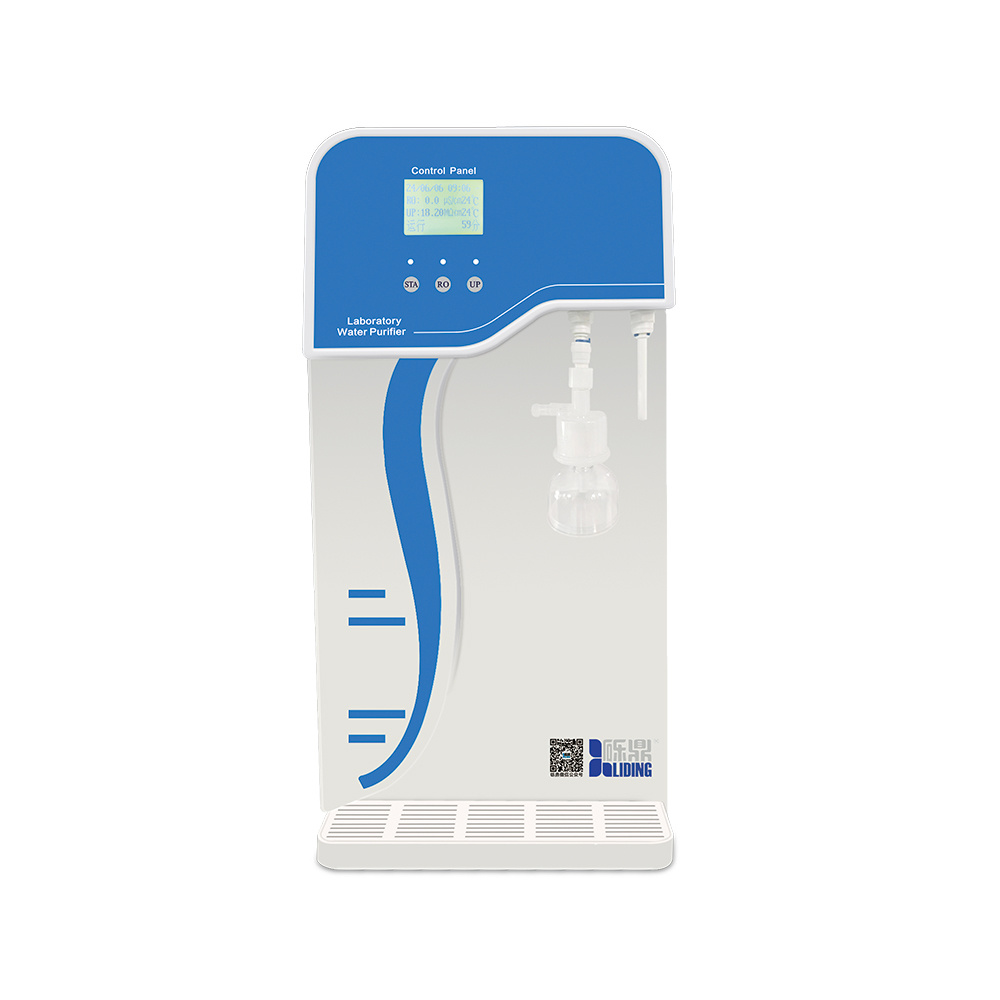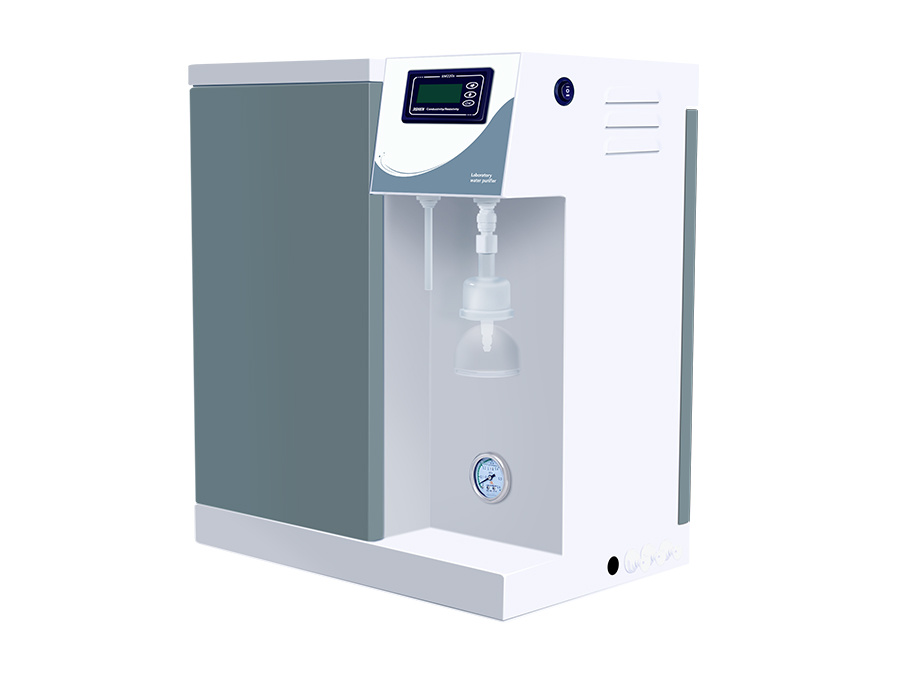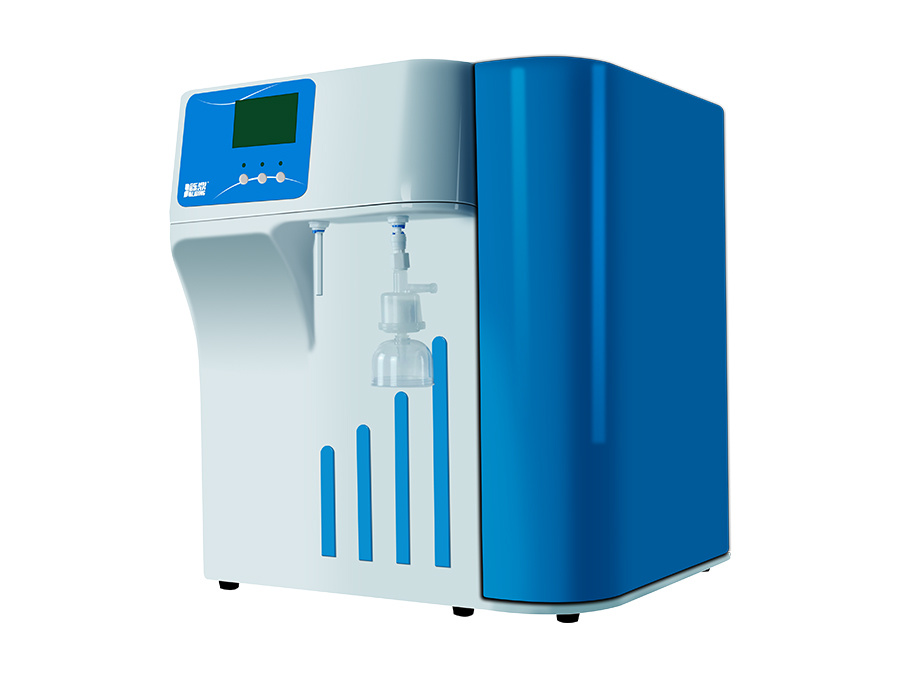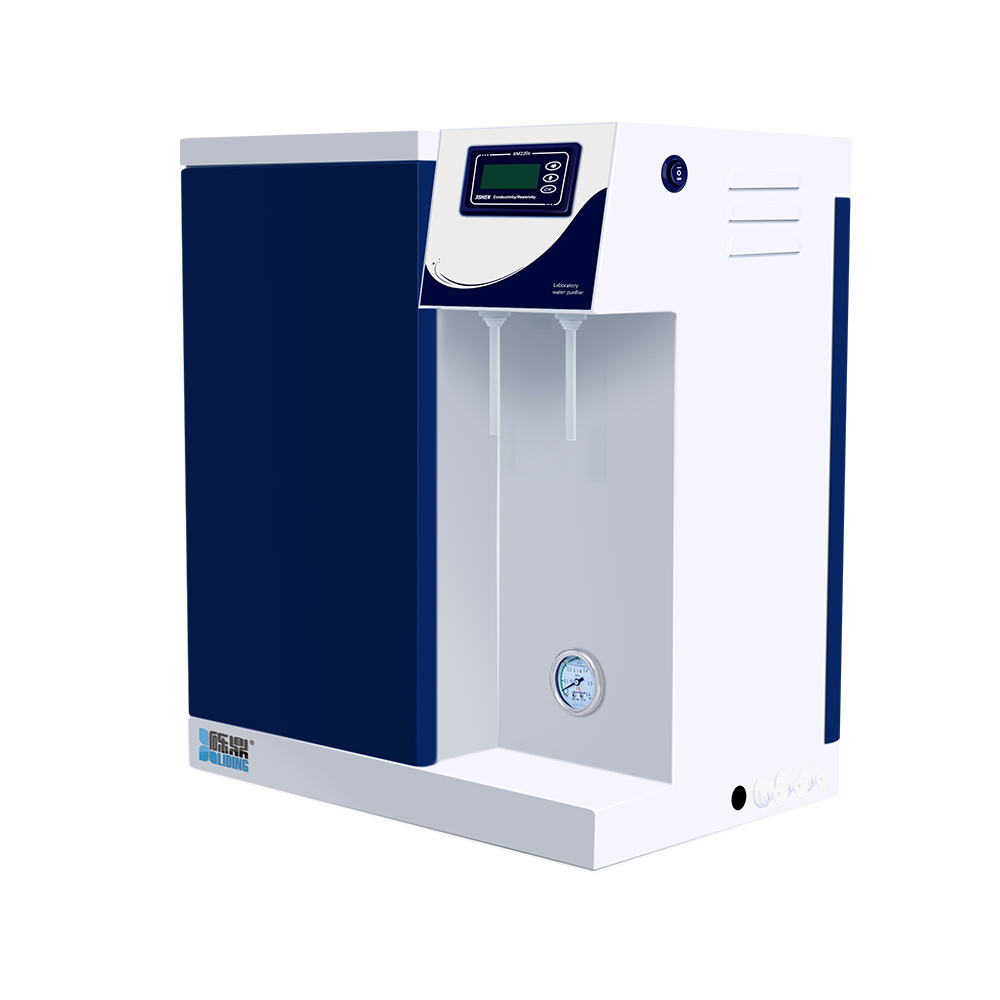How Ultra Pure Water Purifiers Enhance Your Water Quality Standards
Time:
Jul 13,2025
How Ultra Pure Water Purifiers Enhance Your Water Quality Standards
In an era where water quality is paramount for both industrial and personal use, ultra-pure water purifiers have emerged as essential tools. These advanced systems not only provide cleaner water but also elevate the standards of water quality in various applications. In this comprehensive guide, we explore how ultra-pure water purifiers work, their benefits, and their applications to help you understand their significance in modern water treatment.
Table of Contents
- Understanding Ultra Pure Water
- The Importance of Water Quality Standards
- How Ultra Pure Water Purifiers Work
- Benefits of Ultra Pure Water Purifiers
- Applications of Ultra Pure Water Purifiers
- Choosing the Right Ultra Pure Water Purifier
- Maintenance and Care for Ultra Pure Water Purifiers
- Frequently Asked Questions
Understanding Ultra Pure Water
Ultra-pure water, as defined in various industries, is water that has been treated to remove impurities to achieve a level of purity that is almost devoid of contaminants. This water type undergoes rigorous purification processes to eliminate dissolved solids, organic material, bacteria, and other hazardous elements. The significance of ultra-pure water is paramount in industries such as pharmaceuticals, electronics, and laboratories, where even the slightest impurity can lead to product contamination or system failure.
What Makes Water "Ultra Pure"?
The term "ultra-pure" refers to water that meets specific quality standards, often requiring a resistivity of 18.2 MΩ·cm or higher. Factors that contribute to the purity of water include:
- Removal of total dissolved solids (TDS)
- Elimination of organic and inorganic contaminants
- Control of bacterial content
The Importance of Water Quality Standards
Adhering to water quality standards is crucial for both health and operational efficiency across various sectors. Poor water quality can lead to numerous issues, including product failure, health hazards, and environmental impact. Therefore, businesses and organizations must implement strict water quality measures.
Regulations and Compliance
Industries such as pharmaceuticals and food processing are subject to stringent regulations, requiring them to maintain high water quality standards. Compliance ensures safety and efficacy in products, making ultra-pure water a necessity rather than an option.
How Ultra Pure Water Purifiers Work
Ultra-pure water purifiers utilize various techniques to achieve the desired level of purity. Understanding these methods is crucial for selecting the right system for your needs.
Filtration Techniques
Modern ultra-pure water purifiers incorporate advanced filtration techniques, including:
- Reverse Osmosis (RO): This process utilizes a semi-permeable membrane to remove up to 99% of dissolved solids, including salts and heavy metals.
- Deionization (DI): This method employs ion exchange resins to eliminate ionic contaminants, ensuring the water is free from dissolved salts.
- Ultraviolet (UV) Disinfection: UV light kills bacteria and viruses, ensuring that the water is not only pure but also safe for consumption.
- Microfiltration and Ultrafiltration: These processes remove larger particles and microorganisms, further enhancing water purity.
The Role of Quality Control
Quality control is vital in the purification process. Many systems come equipped with sensors to monitor water quality constantly, ensuring that it meets the required standards. These sensors can alert users to any drop in quality, allowing for immediate corrective actions.
Benefits of Ultra Pure Water Purifiers
Investing in ultra-pure water purifiers presents numerous advantages for various applications:
Enhanced Safety and Health
The primary benefit of using ultra-pure water is enhanced safety. In industries where water is a key component, such as pharmaceuticals, the use of pure water reduces the risk of contamination that could compromise product quality and safety.
Improved Product Quality
In manufacturing processes, ultra-pure water directly influences the quality of the end product. High-purity water ensures that no unwanted substances interfere with operations, leading to a more consistent and reliable product.
Cost Efficiency Over Time
Though the initial investment in ultra-pure water purification systems may seem high, the long-term cost savings are significant. Reducing waste, minimizing downtime due to contamination, and less frequent maintenance all contribute to lower operational costs.
Applications of Ultra Pure Water Purifiers
Ultra-pure water purifiers find applications across various sectors, each demanding the highest water quality standards.
Pharmaceutical Industry
In the pharmaceutical industry, ultra-pure water is essential for drug formulation, cleaning equipment, and laboratory testing. The stringent requirements for water quality ensure that medications are safe and effective.
Semiconductor Manufacturing
The electronics sector, particularly semiconductor manufacturing, relies on ultra-pure water to create microchips and other components. Any impurity can lead to defects, making ultra-pure water a crucial resource in this field.
Laboratories and Research Institutions
Laboratories utilize ultra-pure water for experiments and testing. Maintaining a contaminant-free environment is vital for accurate results, reinforcing the need for advanced purification systems.
Choosing the Right Ultra Pure Water Purifier
When selecting an ultra-pure water purifier, several factors need consideration:
Assessment of Water Quality Needs
Evaluate the specific water quality requirements for your application. Understanding the contaminants present in your water source will help determine the appropriate purification technology.
System Size and Capacity
Consider the volume of water needed for your operations. Different systems offer varied capacities, so it's important to select one that meets your demands without compromising efficiency.
Maintenance Requirements
Assess the maintenance needs of the purifier. Some systems require more frequent servicing than others, impacting operational downtime and long-term costs.
Maintenance and Care for Ultra Pure Water Purifiers
To ensure optimal performance, regular maintenance of ultra-pure water purifiers is essential. This includes:
Routine Filter Replacement
Filters and membranes must be replaced according to the manufacturer's recommendations to maintain purification efficiency.
Regular System Checks
Conduct routine system checks to identify any potential issues early. Monitoring water quality and system performance will help avoid costly repairs and downtime.
Cleaning and Sanitization
Regular cleaning and sanitization of the system components are crucial for preventing microbial growth and ensuring the purity of the water produced.
Frequently Asked Questions
1. What is the difference between pure and ultra-pure water?
Pure water typically undergoes basic purification processes, while ultra-pure water has been treated to remove nearly all impurities, achieving levels of resistivity that meet stringent industry standards.
2. How often should I replace filters in my ultra-pure water purifier?
Filter replacement frequency varies by system and usage. Generally, it's advisable to follow the manufacturer's guidelines, which may suggest replacements every 6 to 12 months.
3. Can ultra-pure water be used for drinking?
Yes, ultra-pure water can be safe for drinking, but it's essential to ensure that the system is designed for such use. Some systems incorporate additional steps for enhancing taste and safety.
4. What industries benefit the most from ultra-pure water purifiers?
Industries such as pharmaceuticals, electronics, food processing, and research laboratories significantly benefit from ultra-pure water purifiers due to their stringent water quality requirements.
5. Are ultra-pure water purifiers expensive to operate?
While the initial setup costs may be high, the long-term operational costs can be lower than traditional purification methods, primarily due to reduced waste and contamination-related expenses.
Conclusion
Ultra-pure water purifiers play a critical role in ensuring the highest water quality standards across various industries. By effectively removing contaminants and adhering to stringent regulations, these systems enhance safety and product quality while providing long-term cost efficiencies. Understanding the technology and applications of ultra-pure water purification will allow businesses to make informed decisions that align with their operational needs. Investing in ultra-pure water purification is not just a choice; it is a necessity for those committed to excellence in both product quality and public health.
RELATED NEWS








